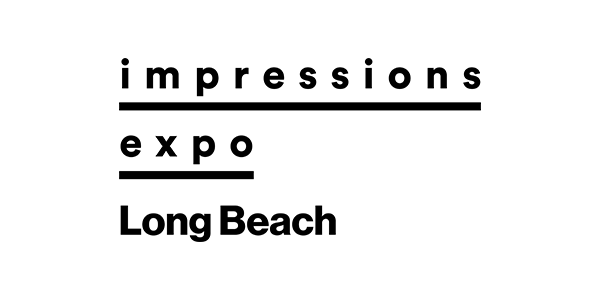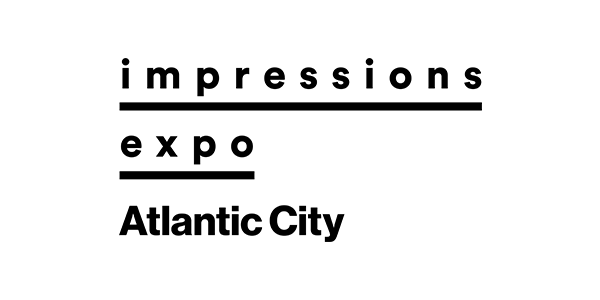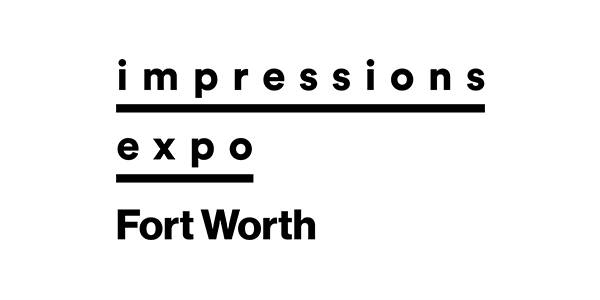In its current incarnation, Goodfellas Merch is the ideal high-volume screen-printing business. It boasts three automatic and two manual presses, and is capable of pumping out hundreds of T-shirts per hour.
But when Joe Matarazzo and his wife, Jana, opened their small Glendale, Ariz.-based shop in 2000, it was a tiny boutique with no apparel-decorating capabilities.
“We were selling music-related T-shirts,” Matarazzo says. “We were focused on carrying cool clothing brands. We just had a real strong love for the music industry, and we opened up the boutique and it was doing solid [business].”
The Matarazzos sold decorated apparel out of their boutique for about four years before deciding to actually get in the screen-printing game. In fact, Matarazzo says selling the goods got him intrigued about the printing process. But the first step was getting a press and learning how to use it.
“It was 2004 when we got our first manual press, which was a Workhorse.” Matarazzo says. “[I] got the press [and] realized I [didn’t] know how to use it, so I worked with a local screen-printing shop.”
A NATURAL NICHE
Even before Goodfellas got its first press, the Matarazzos were closely associated with the local band scene, so serving that niche has always been near and dear to the company.
“My friend Sam Means had a band (The Format), which got signed to a major label record deal, but they were still able to control their merchandise rights themselves,” Matarazzo says. “I started talking to my buddy and told him I would love to be a part any way I can, so he started throwing some work my way. I would say that day was the start of a new beginning that would grow into what the shop is and has become today.”
Though The Format has since broken up, one of Matarazzo’s favorite screen-printing memories is filling one of the band’s massive orders with its first manual press. The endeavor required many tireless working hours.
“We had The Format on tour and they needed T-shirts,” Matarazzo says. “At the time it was just my wife and me with the company, and we got into the shop at 6 a.m. and worked all the way to midnight, passed out at the shop, woke back up at 5 a.m. and worked all through the day. The order shipped that day and it was on time.”
While some would look back on an exhausting task with disdain, Matarazzo relishes the memory, and prides himself and his company on meeting difficult
order deadlines.
“We don’t charge rush fees,” he says. “If we can do it, we will.”
WHAT’S IN A NAME?
While it’s almost automatic to associate an Italian-American-owned shop called Goodfellas with Martin Scorsese’s 1990 gangster film of the same name, Matarazzo says there was no inspiration from the flick.
“My family is Italian and people would say, ‘Get Matarazzo to do your shirts, they’re good fellas,’” he says. “It was one of those things that stuck. We never actually sat down and thought about it, but then we said, ‘You know what? We are good fellas.’ So in 2004, we just started calling the company Goodfellas.”
It’s a name — more importantly, a philosophy — that has stuck with the company for more than 10 years. Along with meeting tough deadlines, customer service is an aspect Matarazzo has made its focal point.
Part of good customer service is meeting demand. After working exclusively with manual presses since Goodfellas opened its doors, Matarazzo thought it was important to upgrade the equipment to handle bigger jobs at a faster rate. So when Goodfellas invested in automatic presses in 2007, business began to boom.
“Our first machine was a Workhorse One-color Odyssey press,” Matarazzo says. “Now, our shop has three automatic [presses] and two manuals. We have a 10-color Falcon, an eight-color Sabre, a six-color Freedom and two six-color Mach presses, which are manual.”
Matarazzo’s first automatic was the Freedom press, and while it eventually took Goodfellas to new heights, there were some challenges due to inexperience using such equipment. The company collectively “took a deep breath” and focused on transforming into an automated business, he says, which involved a different way of thinking and preparing.
“It’s been great,” he says. “I think it has grown our company to levels that we would have never been able to achieve without automating. Production is lightning fast. It used to be that production was the hangup, and now it’s a situation where we offer our customers good customer service, good support, follow it all the way through and when we turn [a design] over to production, it’s like — boom — done.”
WHAT THEY OFFER
Goodfellas exclusively focuses on screen printing — touting the signature softness of their prints — but that’s not to say there aren’t ample decorating options available.
“We provide a ton of different types of silk screening,” Matarazzo says. “We mainly focus on printing on really soft goods. We try to focus on using plastisols that don’t feel like plastisol. We focus on giving the print a soft-hand feel. We work a lot with glitter, we also do some foil printing — a lot of glow-in-the-dark and neon ink as well.”
Goodfellas offers printing on cotton, 50/50 blends and tri-blend garments, and offers plastisol, water-based, discharge, process and specialty screen printing, along with tag printing and Pantone matching.
The shop has come a long way from its one-color Odyssey manual press. And as long as their automatic presses are spinning, the Matarazzos won’t have to revisit those semi-sleepless nights.





